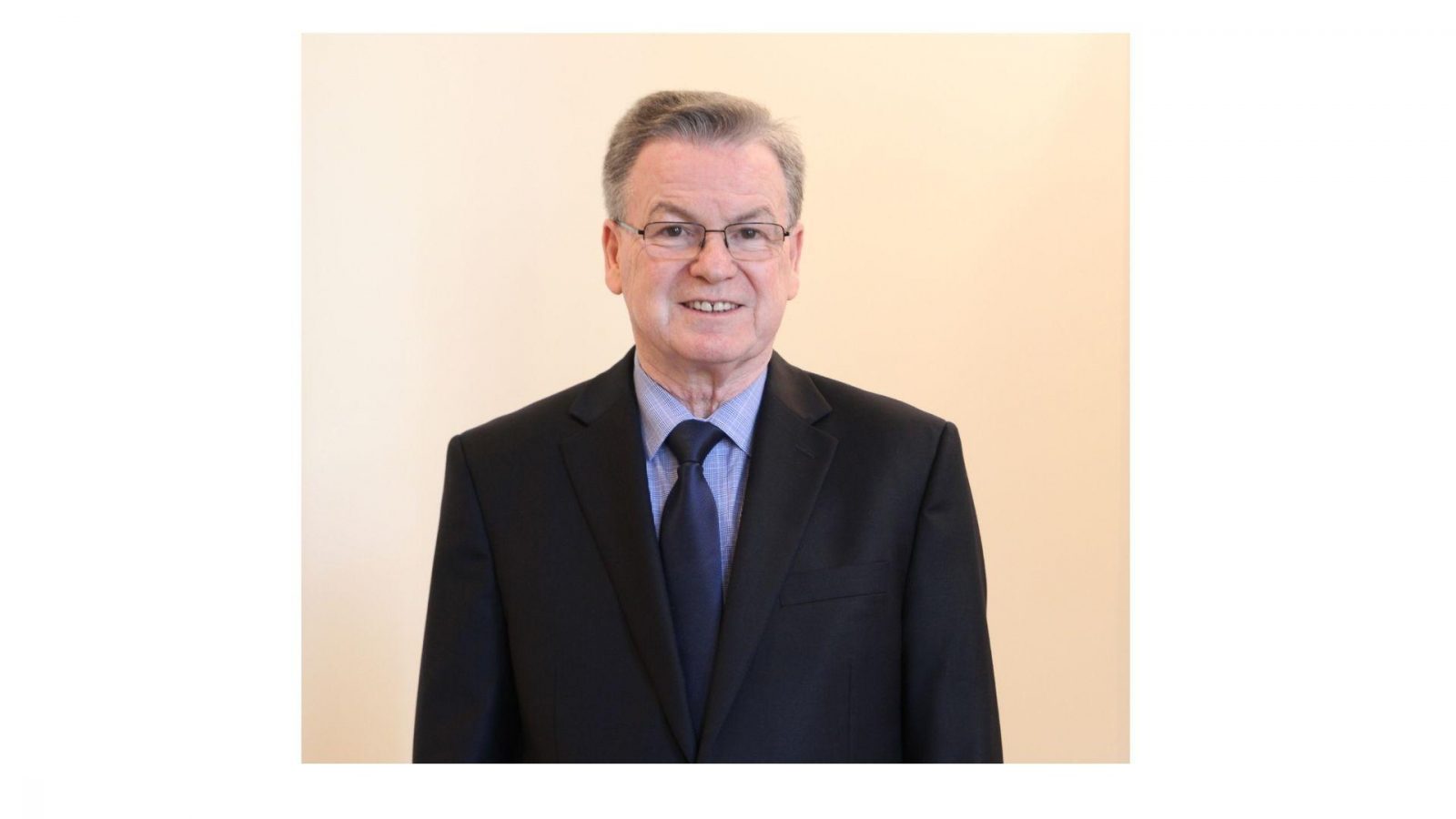News | Announcement, Community
Testimony of Brian McIndoe, MPA, President & CEO of Ryan Health to New York City Council Committee on Health Supporting Supporting Resolution 1529-2021

Good afternoon Chair Levine and members of the Committee on Health. I am Brian McIndoe, President, and CEO of Ryan Health. I am here to testify in support of Resolution 1529-2021 calling on the New York State Legislature to pass, and the Governor to sign, legislation to protect New York State’s safety net providers and Special Needs Plans by eliminating the Medicaid pharmacy carveout.
I am here today on behalf of the over 50,000 patients that Ryan Health serves every year. Ryan Health is a mission-driven Federally Qualified Health Center (FQHC) with nineteen locations throughout Manhattan, which includes our seven primary care centers: two in Harlem, two on the Upper West Side, one on the Lower East Side, our newest center in Washington Heights, our affiliated center, Ryan Chelsea-Clinton in Hell’s Kitchen, as well as seven school-based health centers, four community health outreach centers, and a mobile health center. We have over fifty years of experience providing healthcare in vulnerable communities to diverse populations who are most in need of our care.
Over 85% of our patients are low-income, living at or below 200% of poverty. Seventy percent of them are enrolled in Medicaid and/or Medicare, and another 11% are uninsured. At least three-fourths are people of color.
Last March, the Medicaid Redesign Team (MRT) II recommended the State Department of Health transition the Medicaid pharmacy benefit from managed care to fee-for-service beginning in April 2021. The Governor included it in the Executive Budget, which the Legislature passed for the fiscal year starting April 1, 2020.
Our opposition to the pharmacy benefit carveout is rooted in the devastation it would cause to the savings that Ryan Health achieves under the federal 340B program. As a federal grantee, we have participated in the program since 2001. We have worked diligently to make the program benefit our vulnerable patients, and to fulfill the Congressional intent of the statute “to stretch scarce federal resources as far as possible, reaching more eligible patients and providing more comprehensive services.”
At Ryan Health, we reinvest our 340B savings into efforts to achieve that intent in the following ways:
- Subsidizing low cost or free medications for low-income patients;
- Financing our sliding fee scale for uninsured patients;
- Supporting mission-focused programs that operate at a loss;
- Offering enhanced care coordination for those who are chronically ill, including patients with diabetes and HIV;
- Creating and implementing nutrition and diabetes education programs; and
- Conducting outreach to local community members to bring them into care, addressing racial disparities and inequalities in healthcare access.
I would like to share with you the story of one such patient who benefits from our diabetes education program. Carlos – not his real name – is a patient of ours at Ryan Health | NENA on the Lower East Side. He is 78 years old, and is a very complex patient living with multiple co-morbidities including diabetes, HIV, high blood pressure, COPD, kidney disease, and cognitive impairment. His care team includes a medical case manager, certified diabetes educator, registered dietician, and primary care provider.
For years before entering our Diabetes Management and Education Program, he was not properly taking his medication and easily confused. In the fall of 2019, he became more engaged in his care when our certified diabetes educator implemented twice-monthly visits or calls with him. While his A1C was as high as 12.6%, it has been at goal (<8%) since engaging with the diabetes educator more regularly. He is a clear example that patients who live with complicated medical histories are manageable with long-term and very frequent follow-ups.
Importantly, we also know that it is that hands-on intervention and care with the patient that keeps him out of the emergency room and from avoidable hospital admissions.
I testify before you this afternoon with the sobering knowledge that if the misguided pharmacy carveout is implemented, it will have a devastating impact on the healthcare safety net in New York State and on patients like Carlos. The threats to the 340B program mean Ryan Health and Ryan Chelsea-Clinton could lose up to $6 million in revenue. We could not sustain that loss in funding and would have to eliminate or cut the programs that I mentioned and about 60 staff positions, including members of 1199SEIU United Healthcare Workers East, which represents a majority of our workforce.
The Governor and New York State Department of Health have proposed a funding pool of $102 million to support covered entities that currently benefit from 340B savings, which is woefully inadequate. FQHCs alone would lose an estimated $100 million annually. Collectively, safety net providers across New York State would incur approximately $245 million in annual losses. It is also worth noting that today the 340B program does not cost New York or US taxpayers a single dollar, rather it comes out of pharmaceutical companies’ profits.
We want to applaud and thank Chair Mark Levine for introducing the resolution calling on the Governor and Legislature to reverse course on this misguided policy and support the vital work of 340B providers in our communities. We urge the other members of the Committee to pass the resolution, and swiftly bring it before the full City Council for a vote.
Thank you for allowing me to testify today and I am happy to answer any questions.